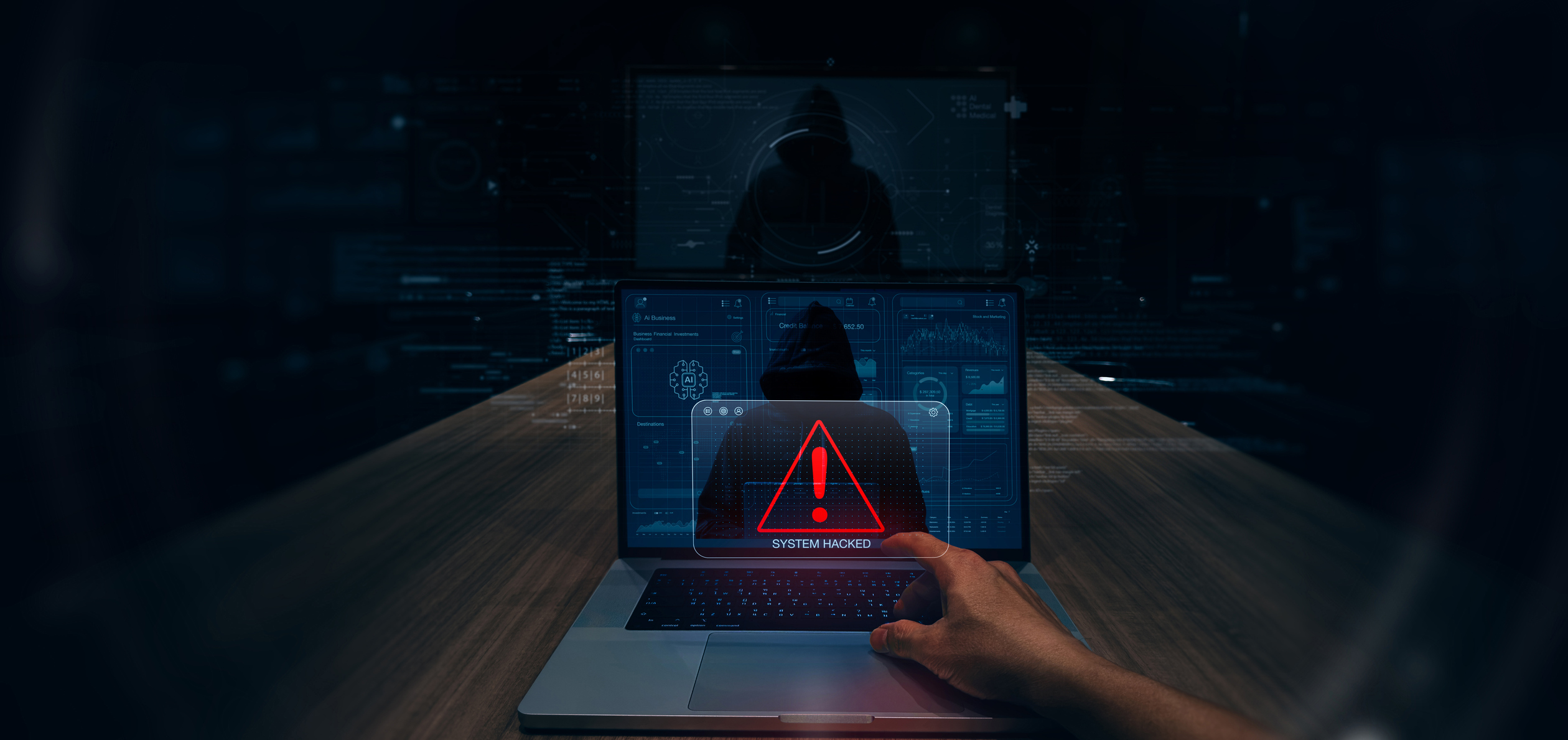My wife, Kelly, was a pediatric nurse, having worked in healthcare for over 30 years. I'm biased, but she always got high marks in her profession, from both her peers and from patients for whom she provided care. She provided a level of care that was absolutely critical to ensure patients receive consistent, high-quality treatment across all stages of care. The importance of documentation, communication and a continuity of care was imperative – children’s lives depended on it. But what does continuity of care look like outside the world of healthcare? In the realm of cybersecurity consulting, the principle of continuity is just as vital and plays a pivotal role in safeguarding organizations from evolving cyber threats.
To better understand the concept, I’ve attempted to draw a parallel between continuity of care in nursing and continuity in cybersecurity consulting.
In the healthcare industry, nurses serve as the primary caregivers who ensure patients receive ongoing care, manage treatment protocols, and monitor progress. They understand a patient’s history, track their condition, and coordinate with other healthcare professionals to ensure a holistic approach to treatment.
In the world of cybersecurity, we are the ‘nurses’ of the digital realm. We don’t simply come in for a one-time diagnosis; but must immerse ourselves in understanding the unique security needs of our clients. Just like a nurse familiarizes themselves with a patient’s medical history, we need to grasp the specifics of our client’s IT infrastructure, security posture, potential vulnerabilities, and risk tolerance.
Building Relationships and Trust
Just as patients need to feel confident in their caregivers’ expertise and that their treatment is coordinated effectively, the same holds true in cybersecurity consulting. As cybersecurity consultants who establish long-term relationships with our clients, we must gain a clear understanding of the organization’s needs and challenges. By working continuously with a company over time, we can assess potential security threats, ensure that systems are updated and patched, and identify emerging vulnerabilities before they turn into full-blown incidents. This relationship allows for proactive care, reducing the risks of data breaches and system downtime. Continuous monitoring, auditing, and risk assessments help to maintain a strong defense against cyber threats.
Proactive Intervention vs. Reactive Treatment
Nurses are trained to observe and act on early warning signs to prevent small issues from becoming major health crises. They don’t wait for a patient to fall seriously ill before taking action. Similarly, we are depended upon to be proactive, not reactive. Instead of waiting for a cyber-attack to happen, continuity in cybersecurity consulting requires anticipating and mitigating threats before they materialize. Such vigilance and early intervention are key components in a consultant’s strategy to keep an organization’s systems secure.
Our job is to ensure that a client’s digital environment remains resilient and strong, even as new threats emerge. Just as a nurse would adjust care based on the patient's evolving needs, consultants tailor our cybersecurity strategies to reflect changes in technology, regulations, and the threat landscape.
The Benefits of Continuous Engagement
The advantage of continuity in cybersecurity consulting is that it allows for early detection, quicker response times, and better decision-making. We can serve our clients and maintain an ongoing relationship with them, offering several distinct benefits:
- Long-Term Security Strategy: Cyber threats evolve, and so should our security measures. By staying engaged with a client, we can ensure that cybersecurity strategies adapt to new risks and challenges, maintaining long-term protection.
- Quick Incident Response: When an attack occurs, being familiar with our client’s infrastructure and their specific needs can mean a much quicker and more efficient response, potentially preventing significant damage.
- Cost Efficiency: Preventative care often costs less than treatment. Continuous cybersecurity consulting helps organizations avoid the costs of a major breach or system failure by identifying and mitigating risks early on.
Cybersecurity Is Not a One-Time Fix
Cybersecurity is not a one-time engagement; it’s an ongoing partnership. We, as consultants and trusted advisors, need to regularly check in, adjust strategies, and provide guidance. The same level of dedication and attention to detail that healthcare professionals bring to patient care can—and should—be applied to the world of cybersecurity consulting.
It’s not enough to offer a one-off solution. Long-term care, proactive monitoring, and ongoing assessment are essential for optimal outcomes. By ensuring continuity of care in cybersecurity consulting, businesses can protect themselves from evolving threats, just as patients benefit from continuous, coordinated care that promotes long-term health.
As cyber threats become increasingly sophisticated and pervasive, the role of cybersecurity consultants as trusted, long-term partners becomes even more critical. We must watch over our client’s wellbeing, and ensure the digital health of their organization, providing a secure foundation for future growth and success.









